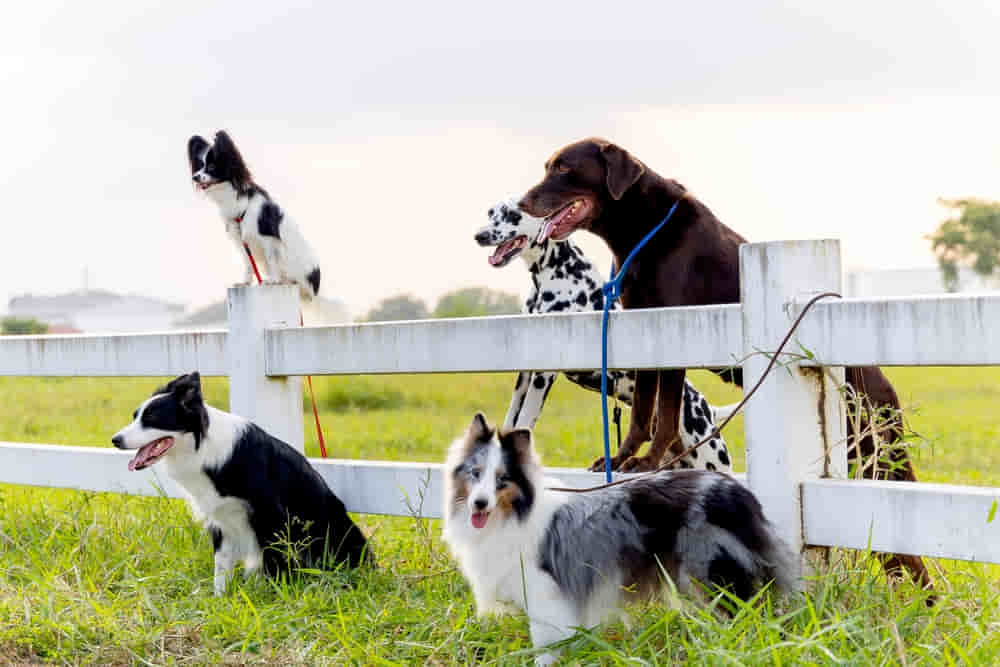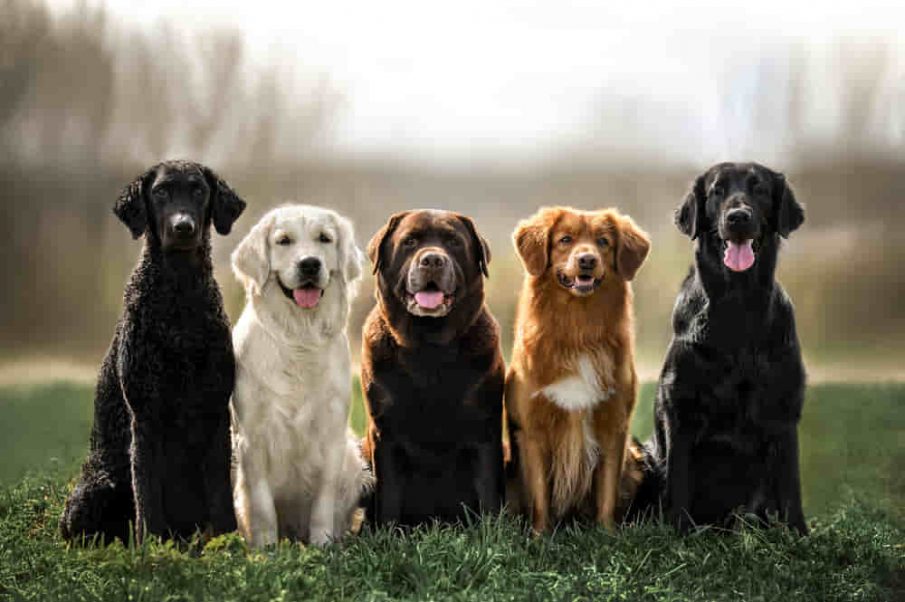When it comes to dogs, one size does not fit all. Different dog breeds have unique characteristics and genetic predispositions, influencing their dietary requirements. Understanding and addressing these needs is crucial for their overall health and well-being. We’ll explore how different breeds of dogs have different nutritional requirements and discuss the importance of tailoring their diets to ensure optimal nutrition and vitality.
1. Different Activity Needs
Energy levels vary significantly across dog breeds. High-energy breeds, such as Border Collies or Retrievers, require diets rich in proteins and healthy fats to fuel their active lifestyles. These breeds benefit from nutrient-dense foods that provide sustained energy throughout the day. On the other hand, breeds with lower energy levels, such as Bulldogs or Basset Hounds, may require diets with controlled calorie levels to prevent weight gain and maintain overall health.
2. Different Sizes
Dogs come in various sizes and shapes, and their nutritional needs differ accordingly. Smaller breeds like Chihuahuas and Shih Tzus have faster metabolisms and may need diets with smaller kibble sizes and higher nutrient density to meet their energy requirements.
On the other hand, larger breeds like Great Danes and Mastiffs have different growth rates and are more vulnerable to certain health issues. They benefit from diets that support proper bone development, joint health, and controlled growth to prevent skeletal problems.
3. Different Health Concerns
Certain dog breeds are genetically predisposed to specific health issues. For example, Dalmatians may be prone to urinary tract problems, while Cavalier King Charles Spaniels may have a higher risk of heart conditions.
Nutritional strategies can play a significant role in managing and preventing these breed-specific health concerns. Breed-specific formulas or specialised diets may include targeted ingredients to support joint health, heart function, or urinary tract health, helping to promote longevity and quality of life.

4. Predisposed Towards Different Sensitivities and Allergies
Certain dog breeds have a greater tendency to develop food allergies or sensitivities. Boxers and Bulldogs, with their thinner coats, are more susceptible to skin issues and digestive problems. It is advisable to choose diets with limited ingredients, novel protein sources, grain-free ones, or even foods that hit all these marks, like Bellfor, to prevent triggering allergic reactions or sensitivities. A diet like this promotes healthy digestion and skin!
5. Keeping Well as They Age
Dogs move from their puppyhood into adulthood and eventually reach their senior years. And each life stage has specific nutritional requirements. While puppies need higher levels of proteins, vitamins, and minerals to support their growth and development, adult dogs benefit from balanced diets that maintain their weight, energy levels, and overall health.
Later, senior dogs may require diets with joint-supporting nutrients, such as glucosamine and chondroitin, to promote mobility and help with other age-related issues.
As responsible dog owners, it’s crucial to recognise that different breeds have unique needs. Tailoring their diets to address their specific requirements is essential for maintaining your dog’s health, vitality, and longevity.
We can provide dogs with the optimal nutrition they deserve by considering factors like breed-specific health concerns, sensitivities, and life stages. Consulting with veterinarians or pet nutrition experts, choosing high-quality breed-specific or life-stage appropriate diets, and regularly assessing their nutritional needs will ensure that our furry friends thrive with joy and vitality.






